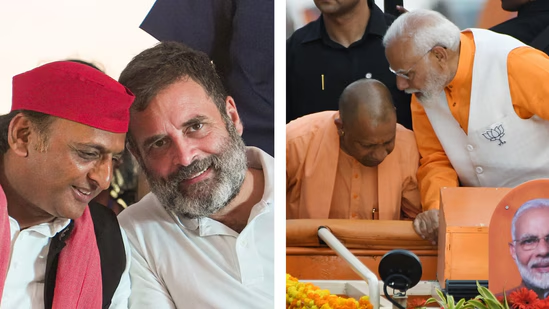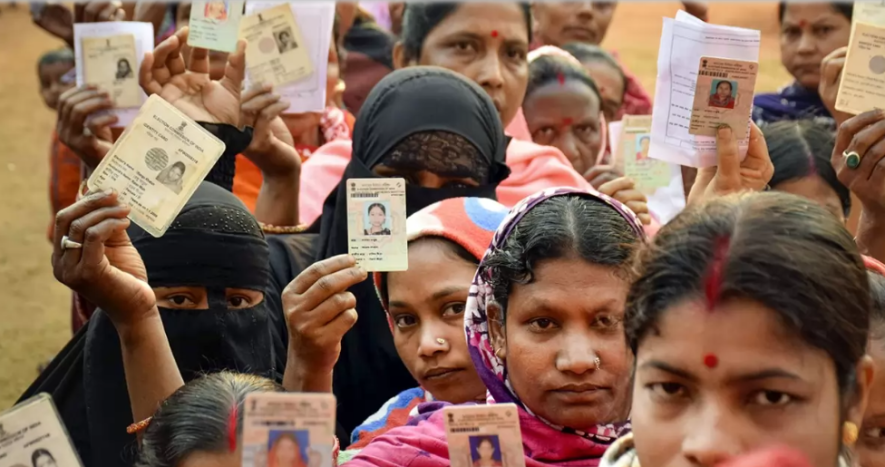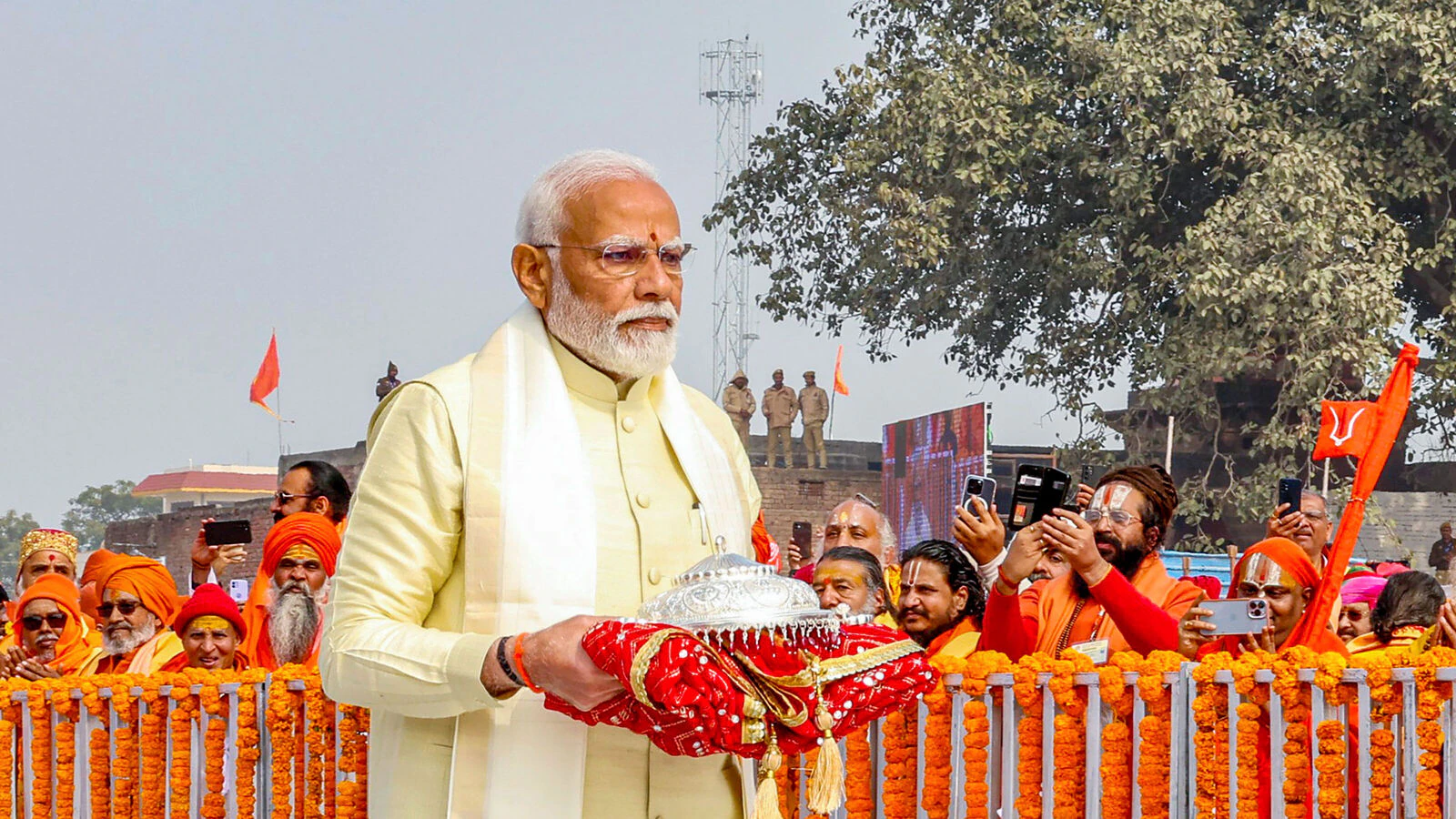The BJP suffered a surprising setback in the Faizabad seat, which includes the shrine town of Ayodhya, months after the ruling party fulfilled its long-standing vow to build a Ram Mandir on the spot considered to be the deity’s birthplace. The SP’s Awadhesh Prasad won the seat, ousting the sitting BJP MP Lallu Singh.
The Impact of Local Issues on Electoral Outcomes
Despite the national prominence of the Ram Mandir issue, local concerns proved to be a decisive factor in the Faizabad Lok Sabha election. The electorate’s dissatisfaction stemmed from grievances over land acquisition for development projects, including the Mandir and the airport.
Furthermore, the resentment among villagers regarding the acquisition process and the perceived neglect by outgoing MP Lallu Singh exacerbated the situation. These local dynamics ultimately pivoted the vote away from the BJP, signaling a critical lesson in the significance of ground-level engagement and responsiveness to constituent concerns.
Analyzing the Role of Caste Dynamics in Faizabad Politics

Caste relations have long played a significant role in Faizabad’s electoral outcomes, and the most recent election was no exception. The Samajwadi Party’s effective mobilization of Dalit votes damaged the BJP’s traditional support base. Awadhesh Prasad, a prominent Dalit politician from the SP, was able to consolidate the Dalit vote bank, which had been a key component for the BJP in previous elections.
The BJP’s failure to maintain the Kamandal-Mandal balance, which refers to the harmony of religious nationalism and caste-based politics, was clear. This error implies a mismatch between the party’s strategies and the growing caste dynamics on the ground, underlining the importance of a sophisticated grasp of caste equations in the region.
The Consequences of Land Acquisition for Mandir Construction
The land acquisition necessary for the Ram Mandir’s construction and associated infrastructure projects became a contentious issue in the Faizabad constituency. The dissatisfaction among the affected populations, stemming from the loss of homes and livelihoods without adequate compensation, turned a section of the electorate against the BJP.
The promise by SP’s Awadhesh Prasad to address these grievances, provide proper compensation, and resettle the displaced residents resonated with voters. The situation highlighted the double-edged nature of large-scale development projects and the importance of a sensitive approach to land acquisition and compensation that takes into account the needs and rights of local communities.
Understanding the Voter’s Perspective on Constitutional Changes

The outgoing BJP MP’s controversial statement about the need for 400 seats to ‘change the Constitution’ had a palpable impact on the electorate’s perception. This rhetoric raised concerns about the potential alteration of the Constitution’s fundamental structure, leading to unease among various sections of society.
Apprehension about changes to the Constitution, coupled with pressing issues of unemployment and inflation, influenced the voter’s perspective. The electorate’s response in Faizabad suggests a deeper consideration of democratic principles and stability over ideological shifts, highlighting the significance of addressing voters’ immediate concerns and preserving the sanctity of constitutional values.





